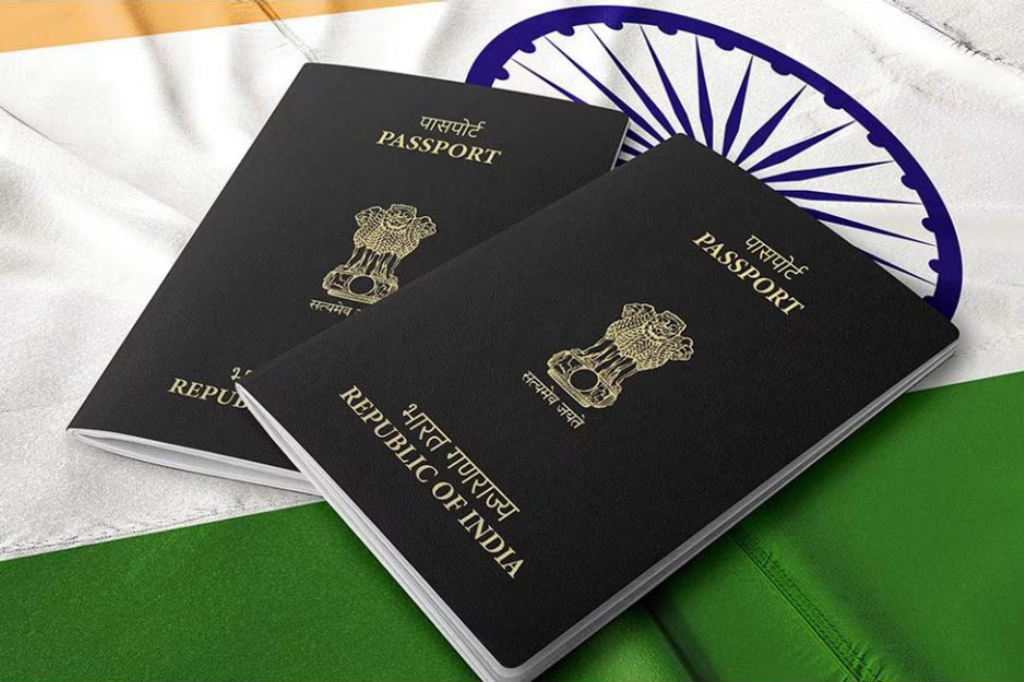India has officially joined the ranks of over 120 countries – including the United States, Canada, France, Japan, and Australia – by introducing chip-enabled biometric e-passports. This development represents a major step forward in modernising international travel for Indian citizens. The e-passports aim to strengthen border security, minimise identity fraud, and streamline immigration procedures.
What is an e-passport?
An e-passport is a traditional passport integrated with advanced electronic features. It includes a built-in RFID (Radio Frequency Identification) chip and an antenna embedded in the cover. This chip securely stores the passport holder’s personal and biometric data, such as fingerprints and facial recognition.
A gold symbol on the cover identifies it as an e-passport. To protect the sensitive information it contains, the e-passport uses security technologies like Basic Access Control (BAC), Passive Authentication (PA), and Extended Access Control (EAC), aligning with international standards. The Indian government introduced e-passports to enhance data security, prevent forgery, and protect against misuse of passport information.
When did India start issuing e-passports?
India began the rollout of biometric e-passports in April 2024 under a pilot program launched as part of the upgraded Passport Seva Programme 2.0. The pilot phase was carried out in several key cities, including Nagpur, Bhubaneswar, Jammu, Panaji, Shimla, Raipur, Amritsar, Jaipur, Chennai, Hyderabad, Surat, and Ranchi. The government aims to implement the system nationwide by mid-2025, as reported by News18.
In Tamil Nadu, e-passport issuance started on March 3, 2025, at the Regional Passport Office in Chennai. By March 22, the Ministry of External Affairs reported that over 20,700 e-passports had already been issued in the state.







